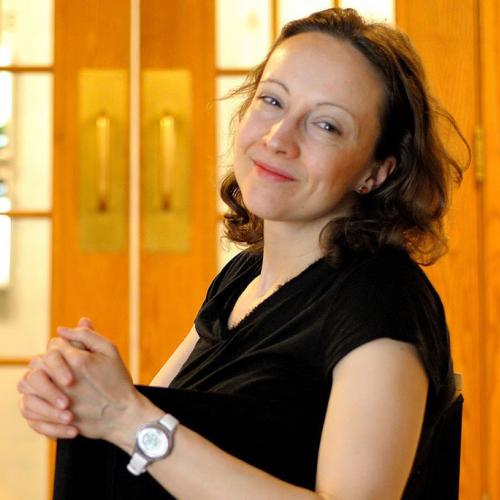Assistant Professor Jana Diesner has begun work on a new project with the Korea Institute of Science and Technology Information (KISTI). The goal of the project, “Selection and Influence: Identification of link formation mechanisms in scientific collaboration networks,” is to study the roles of selection—the process of people forming relationship with similar others—and social influence—the increasing similarity of connected people over time—in scientific collaboration networks.
Understanding the role of selection and social influence on scientific collaboration is important for several reasons, according to Diesner’s proposal:
First, it translates into different modes of scientific production. We argue that selection is a lateral selection process that brings together people with similar types of expertise (e.g. senior scholars), while influence increases the similarity of initially distinct scholars (e.g. senior scholars and their advisees).
Second, this knowledge can improve modeling science, which can lead to the construction of effective recommender systems. Incorrect or incomprehensive understanding of collaboration mechanisms can lead to flawed collaboration link predictions and recommendations.
The project, which is funded by KISTI, will involve analysis of KISTI data and case studies as well as the development of techniques to identify and measure selection and social influence. Working with Diesner on this project is doctoral candidate Jinseok Kim.
Diesner joined the iSchool faculty in 2012 and is a 2015-2016 faculty fellow in the National Center for Supercomputing Applications (NCSA) at Illinois. Her research in social computing combines theories and methods from natural language processing, social network analysis, and machine learning. In her lab, they develop and advance computational solutions that help people to measure and understand the interplay of information and socio-technical networks. They also bring these solutions into various application context, e.g. in the domain of impact assessment.
In his doctoral studies, Kim's research focuses on the role of data processing in knowledge discovery from data. He holds a master's degree in communication from Illinois and a bachelor's degree in English literature from Yonsei University.
